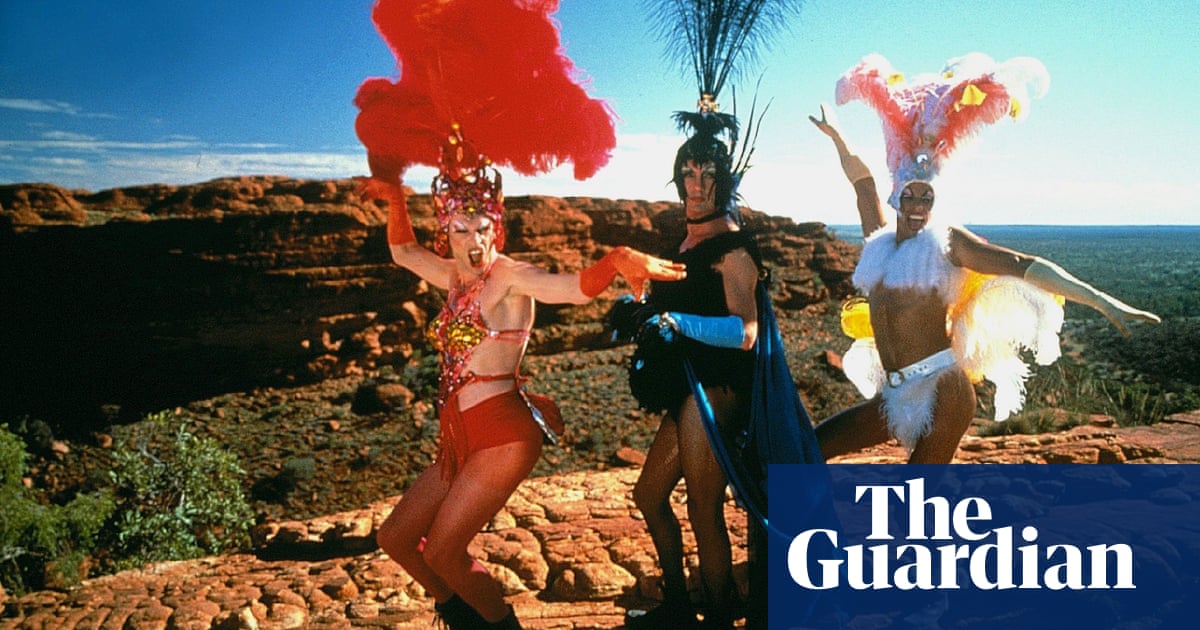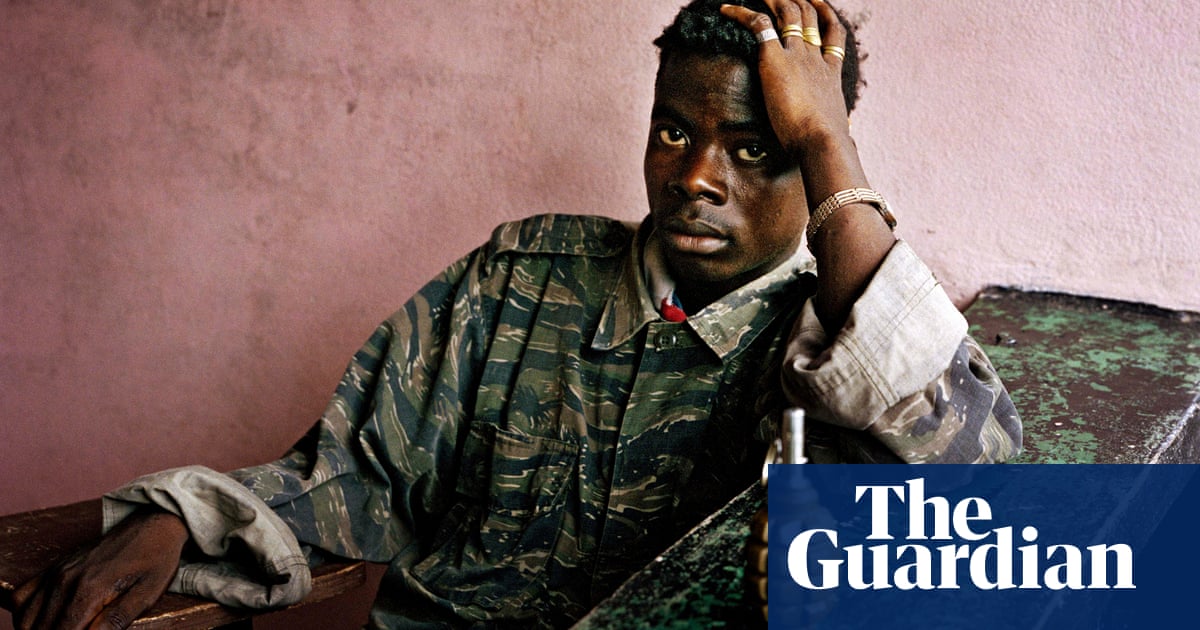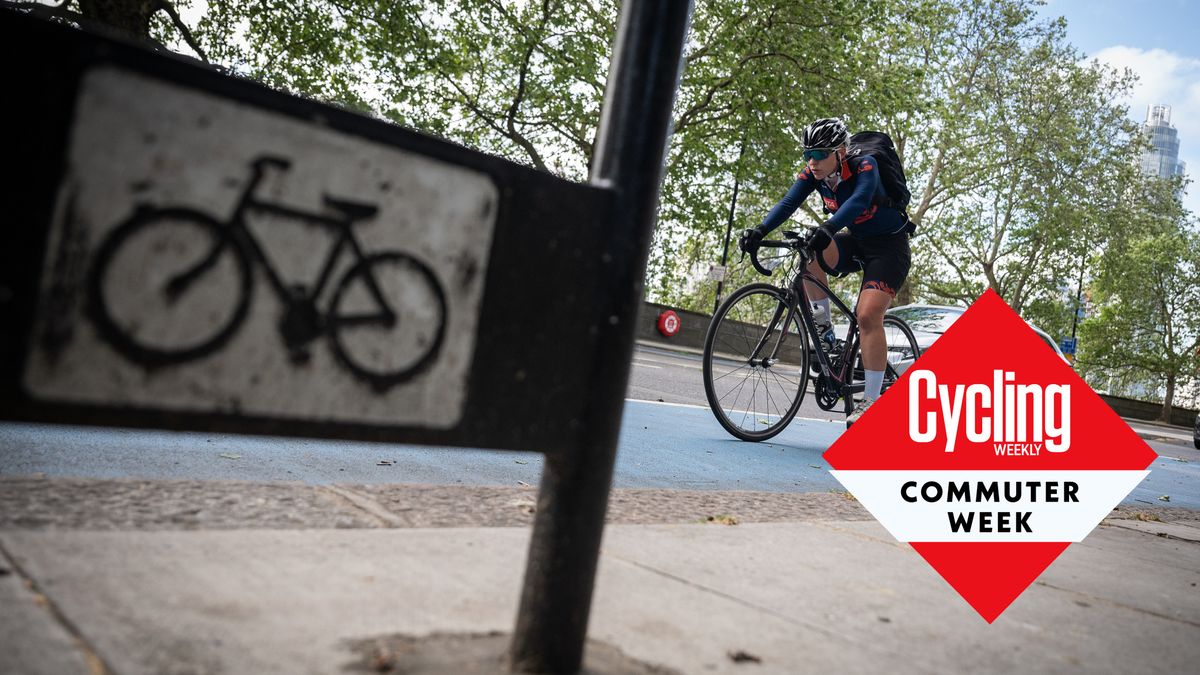
Stephen Glover Opens Up About The Punchy, Nuanced Third Season of ‘Atlanta’
This story was created in paid partnership with FX.
Executive producer-writer Stephen Glover has always had a special talent for pairing Atlanta’s razor-sharp wit with hilarious offbeat humor to talk about the things that really matter. With its bottle episodes and surreal storytelling, the series’ long-awaited third season brought together a collection of seemingly disconnected stories to explore one central theme: the “curse of whiteness” — not just in America, but around the world.
For Atlanta’s highly-anticipated reunion, Glover and the show’s writers brought that theme to life through the foursome’s trip to Europe: Earn (Donald Glover) and his cousin Alfred (Brian Tyree Henry) brings his rap career to new heights on Paper Boi’s Europe tour, their good friend Darius (LaKeith Stanfield) tagging along for the ride. Van (Zazie Beetz) also meets up with the trio — but with a very different itinerary, as she uses the trip to escape her life in Atlanta and find out who she really wants to be.
Related Stories
Written by Stephen and Donald Glover, the season’s opening episode, “Three Slaps,” sets the tone for what to expect right off the bat: Inspired by the Hart family murders, the standalone episode reimagines the story of the white, lesbian couple who killed themselves and their six Black foster children in 2018. It addresses Black identity, class and our many failed societal systems with effective comedic levity — striking a unique balance that shines through every episode in the latest season.
Read on for our interview with Stephen Glover:
Season three had several standalone episodes that didn’t involve the main cast. How did you land on that format?
After watching season three, I think a lot of people felt that we must have been like, “Oh, we can’t get these actors because they’re so busy, so let’s do something else,” which wasn’t the case at all. It was an intentional decision. While coming up with story ideas in the writers room, we kept coming back to these funny ideas that didn’t have anything to do with the main characters. We kept coming up with more ideas and just decided to tell some of those stories.
Why set the season in Europe?
Most of us have been to Europe or other places outside of the U.S. I think we all had this feeling of coming from Atlanta or a really Black town and going to this new world and realizing how different that is from everything you already knew. I think that was such an interesting ceiling to have our characters go through. It also was an easy way to get a free trip to Europe. [Laughs.] It was really nice after COVID to be over there because there weren’t a lot of tourists. I had a very good time — Amsterdam was great.
The way you guys brought to life how differently identity politics takes shape in Europe was interesting. “Sinterklaas Is Coming to Town,” the episode in which Paper Boi refuses to perform because the audience is in blackface, was a great example of that.
There’s always this thing when you travel outside of America as a Black person where people are like, “America sucks. Don’t worry, you’re here now, and it’s not racist.” And we’re like, “Really?” The day the writers of Atlanta got to London while shooting this other show, this racist incident happened where Grenfell Tower — this housing project where a lot of Black people lived — burned down. Of course, white British people were like, “Oh, this is sad.” And then the Black people are like, “Man, this is really racist, because this place has been unsafe forever.” And it’s in Chelsea, which is this rich part of town, and [it felt like people] always wanted the building to come down so they didn’t take precautions. When you start talking to Black people or people of other cultures, you start to see that there’s still stuff going on, but it’s framed very differently.
The “curse of whiteness” came up in many different ways throughout the season. How did you land on exploring that theme?
When we came into the writers room, we talked about different things that we were interested in, and we realized these ideas all circled around the concept of “What is whiteness?” I’m from Atlanta and Georgia’s a southern state, so it’s got plenty of racist history. But there are some things that are just undeniable, that you see everywhere. That’s where the idea of our characters going to Europe came from: They’re seeing the world for the first time in the bigger context of, “Oh, this isn’t just Black and white people in America. This is the world.”
Why did you choose “Three Slaps” to open the season?
We were all pretty high on that episode. First, it’s a standalone, so we weren’t sure if we could open the season like this. But Donald was pretty much set on it. Second, I think it gets you ready for the rest of the season, especially when you come into it with no idea of what to expect next. This season is really about that: coming into something cold and not knowing where you’re gonna go from there.
There’s also a white Earn character who is introduced in “Three Slaps” that reappears throughout the season and closes it out. What does he represent?
I think he’s the curse of whiteness personified. From the opening of the season, he’s already portrayed as some sort of ghost or ghoul. Then we see him alive later and then we see him die. At the same time, he seems to have a ton of knowledge of what’s going on. He’s a personification of this curse and how it’s hard for you to avoid it.
What’s next for Atlanta?
We’ll go back to Atlanta next season, so everybody can relax and stop sending me hate mail. [Laughs.] We’ll go back with all these new things we learned and these new experiences we had overseas, which I think is an interesting feeling for Black people. Once you come back home after your mind is expanded, maybe you don’t fit in as much or your perspective has changed, and it makes home kind of feel foreign to you. My mantra for season three was “have fun.” So that’s what we did. Black people need to have more fun. That’s my problem. I think Darius says that’s one of Black people’s biggest problems. They gotta have more fun. Everybody should rewatch season three and talk with your friends about it — and do it in person. Online, you don’t get enough characters.

























































